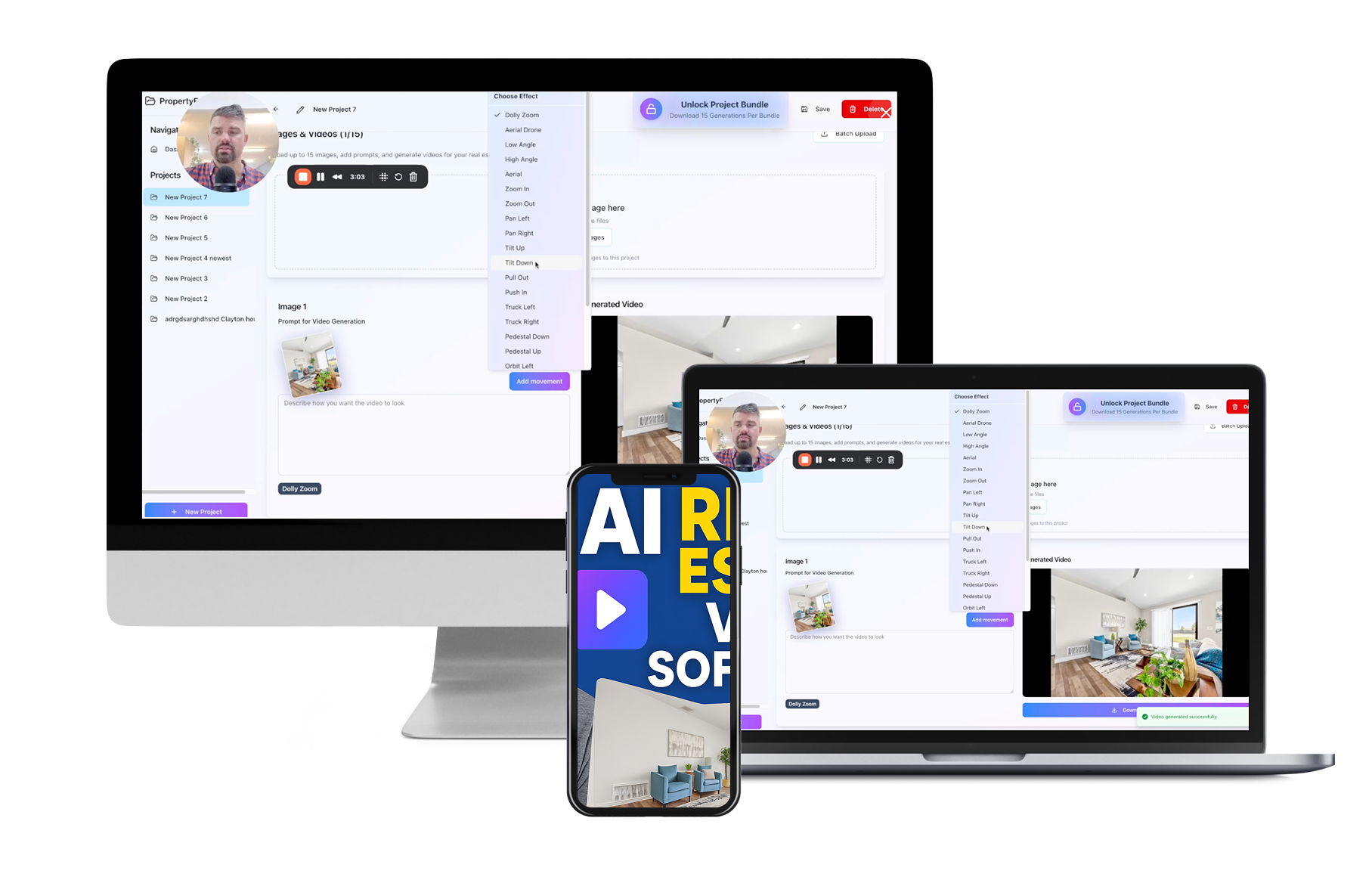
Leveraging AI to Enhance Accessibility in Smart Homes
In today's rapidly evolving technological landscape, leveraging AI to enhance accessibility in smart homes has become not just advantageous but essential. As more individuals seek seamless living experiences, artificial intelligence has emerged as a pivotal tool to make homes smarter and more inclusive, catering to diverse needs, including those of the differently-abled and elderly.
How AI Transforms Smart Homes for Accessibility
Artificial intelligence's integration into smart home ecosystems extends beyond convenience; it is about creating an inclusive environment where everyone can live comfortably and independently. Leveraging AI to enhance accessibility in smart homes involves implementing systems that adapt to the user's needs, offering personalized assistance and control.
Voice-Activated Assistants: The Gateway to Accessibility
Voice-activated assistants such as Amazon Alexa and Google Assistant have revolutionized how individuals interact with their home environments. These devices are crucial in leveraging AI to enhance accessibility in smart homes by allowing users to control lighting, thermostats, and appliances solely through voice commands.
- Reduced Physical Interaction: Minimizes the need for manual controls and is especially beneficial for those with mobility issues
- Intuitive User Experience: Simple commands to manage complex home systems
AI-Powered Security Solutions
Enhancing security is a significant aspect of creating an accessible smart home environment. AI-powered cameras and sensors play a critical role here.
- Facial Recognition Technology: Ensures only authorized individuals access the home
- Motion Sensors: Detect unusual activity and alert users via smartphone apps
- Predictive Analytics: AI can predict potential security threats based on historical data
Personalization: A Key Feature of AI in Smart Homes
Learning User Preferences
AI systems in smart homes can learn from user habits and preferences over time, tailoring their responses and functionalities accordingly.
- Smart Thermostats: Adjust heating based on regular use patterns
- Adaptive Lighting: Alters brightness levels according to user activities
Customizable Alerts and Reminders
A pivotal benefit of leveraging AI to enhance accessibility in smart homes is the ability to offer personalized reminders.
- Medication Timers: Alerts users when it's time to take medicine
- Routine Scheduling: Organizes daily tasks and appointments
Real-World Applications of AI-Optimized Smart Homes
Case Study: A Smart Home for Elderly Care
Consider an innovative example of how AI can support elderly residents in maintaining independence at home. Smart homes equipped with AI-driven sensors and devices can track movement, monitor health vitals, and even predict falls, ensuring the safety and well-being of elderly occupants.
- Health Monitoring: Continuously track vital signs and alert caregivers of any anomalies
- Emergency Protocols: Automatically call emergency services when required
AI's Role in Assisting Differently-Abled Individuals
For individuals with disabilities, smart homes can provide essential support through AI technology.
- Adaptive Interfaces: Eye-tracking systems that allow interaction with devices without physical contact
- **Smart Appliances **: Appliances that cater to specific needs and simplify daily tasks
Common Questions About Leveraging AI for Accessibility
What are the current limitations?
While AI offers increased accessibility, challenges include technology costs and the need for ongoing system updates.
How can AI's accessibility features be improved?
Continuous development in AI learning capabilities and more affordable smart home components will enhance accessibility further.
The Future Prospects: AI and Accessibility in Smart Homes
As the technology continues to advance, leveraging AI to enhance accessibility in smart homes opens new possibilities. Emerging technologies like IoT integration and advanced machine learning algorithms promise even more intuitive and comprehensive systems.
Innovations on the Horizon
- Context-Aware Systems: Automatically adjust settings based on environmental and user-specific contexts
- Predictive Maintenance Alerts: Notifying when home systems require service
Preparing Homes for Tomorrow's Challenges
Homebuilders and tech companies must focus on user-centric designs, ensuring AI-driven solutions address real-world accessibility requirements, adapting to the ever-changing tech landscape.
Conclusion: Embracing a Smarter, More Accessible Future
Leveraging AI to enhance accessibility in smart homes is a transformative journey, breaking barriers for many and bringing a new level of ease to everyday life. As we advance, embracing these technologies will not only enhance convenience but also promote independence and improve quality of life for all. Start exploring AI-enabled solutions for your living space today and experience the future of home living.
Call to Action: Ready to transform your home? Begin by integrating AI-powered devices to improve accessibility and redefine your home living experience.



